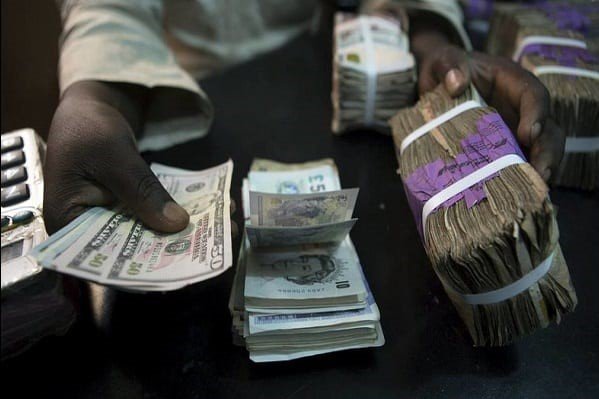The theme of « fight against poverty » is everywhere in Africa. Governments claim to make it their absolute priority, with the support of their international partners, even if the populations do not often see the concrete results of this media hype. But beyond official speeches, poverty and struggle to end it are indeed a reality and daily experience for millions of Africans of all ages, sexes and social categories. If there has been a relative improvement in living conditions since the economic crisis of the 1980s and the 1990s and the FMI and World Bank Structural Adjustment Plans (which had largely contributed to putting the economies of african countries to their knees), it is partly because most Africans have learned to expect almost nothing from the governments of their countries. They courageously struggle every day to improve their living conditions as well as those of their loved ones.

On savings strategies, cryptocurrencies and DeFi in Africa
It is in this general context that savings and investment, although they are sometimes reduced, play an important role in the economic strategies of people of all social classes. Despite difficult and precarious conditions, people strive to save money in order to be able to manage unforeseen events, carry out investment projects and strengthen their financial stability.
But what form does this savings take and in what structures or institutions do people keep them? What role can cryptocurrencies and DeFi play in strengthening the economic power of young people, women, middle classes and the most precarious groups in African societies? These are the questions I will try to answer through a series of three articles that will be the first (after this introduction) to be published on this blog that I created a few days ago.
I really hope that these texts will interest many readers and that your reactions would motivate me to quickly finish their writing, taking into account your comments as much as possible.
**How will this series of articles be structured ?
**
The first text in this series will focus on conventional forms of savings such as banks and microfinance institutions in african countries. We will see that the rate of access to banking services remain very low on the continent and that the relations between the populations and banking institutions are marked by a lack of confidence, due to various reasons.
In the second article, we will see that for the main part, the savings of Africans is constituted outside the formal circuits of the market economy: in tontines. African tontines are characterized in particular by their double function: they are social structures of assistance and solidarity as much as savings and credit structures. They are also ambivalent insofar as they are based on traditional solidarity networks, while taking up some aspects of the functioning of capitalist companies, such as the use of interest rates. Many Africans use several savings strategies, in a complementary way, and the strategies vary according to the needs and the economic situation of each other.
The third text will relate to the emergence of cryptocurrencies in Africa, to the economic uses that people make of them and to the role that DeFi could play in the future to strengthen the economic and financial base of African people.
The first two articles will mainly rely on the case of Cameroon that I know better, because I have conducted a survey about the economic behaviors of the middle classes in this country a few years ago. And also because (incidentally) I myself am Cameroonian. So I'm going to rely a lot on the data I have collected during this survey. The latest text on cryptocurrencies and defi will be based on more general data. I am still documenting myself to write it and if you know documentary sources that could be useful to me, please do not hesitate to tell me about it in the comments.
Thank you for taking the time to read this introduction. Let us take another rendez-vous here, for the first article in the series, in a few days!